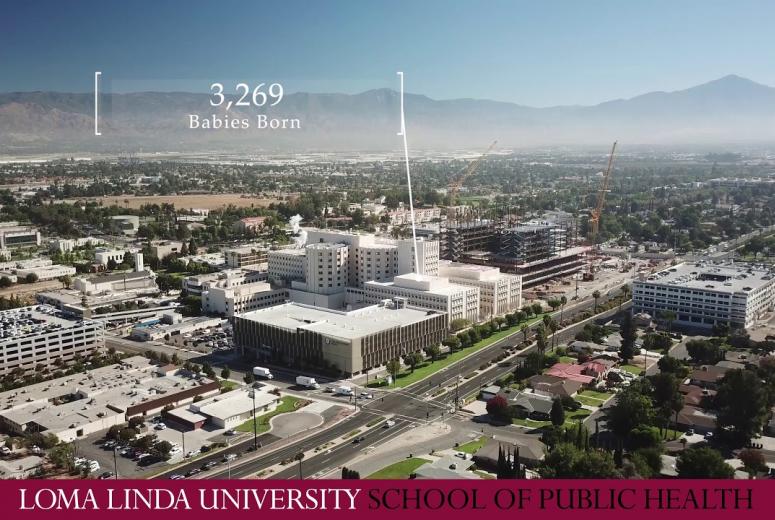Program Description
Upon completion of this degree, the student should be able to: Apply health care knowledge in economic analysis and policy. Understand organizational structure and governance in addition to equitable and effective human resource policies. Apply principles of health care finance. Apply principles of managerial accounting in health care. Employ market research towards strategic planning in health care. Employ quality improvement processes in health care operations management. Understand technology that supports the practice, research, and decision making in health care.
Program Length
2 years (7 quarters)Possible Careers
Practice Administrator, Marketing Director, CEO, Manager of Physician Practice
Admissions Requirements
- A baccalaureate degree or equivalent from a regionally accredited institution, with a G.P.A. of 3.0 or above.
- The GRE is not required for applicants who meet the admissions criteria. If an applicant does not meet the minimum GPA requirements, the GRE is required in order for the application to be considered. For prospective students who wish to strengthen their application, GRE scores can be submitted as an option, but it is not required. GRE scores must have been attained within the last five years.
- Applicant may be interviewed by the program director and/or faculty.
- Religious affiliation is not a requirement, but students are expected to adhere to on-campus requirements of modest dress, abstinence from alcohol and smoking, and attendance at weekly chapel.
- Applicants must satisfy the program-specific admission requirements, including but not limited to pre-requisite courses, license requirements and years of experience. Admissions decisions are based on a review of the applicant’s transcripts, written statement, letters of recommendation, G.R.E. or equivalent scores, and interview (if necessary). Satisfying minimum requirements does not guarantee admission.
Prerequisites
MicroeconomicsExpected Cost of Attendance
The following estimated cost of attendance is based on full-time attendance for the number of months enrolled per academic year. Estimated amounts may vary based on a number of factors. Students may use these estimates when applying for financial aid.
Required Program Costs
Academic Year 2026-2027
| Year of Program Months Enrolled |
Year 1 9 |
Year 2 12 |
|---|---|---|
| Tuition & Fees | $28,290 | $39,510 |
|
Books, Materials, Supplies & Equipment Allowance (May or may not be purchased through the school) |
$1,733 | $1,733 |
Other Educational Costs
Non-required costs that can be funded with scholarships/loans.
Notes
- Estimated amounts are for the academic year specified only. Amounts are based on full-time attendance for the number of months enrolled per academic year. International students need to calculate 12 months of living expenses based on these amounts.
- Amounts are expected to increase each year consistent with inflation in the professional education sector.
- To qualify for financial aid, most students must be enrolled at least half time in an aid eligible program and be taking degree requirements. Half time is 6 units in a quarter for undergraduate programs and 4 units in a quarter for graduate programs.





